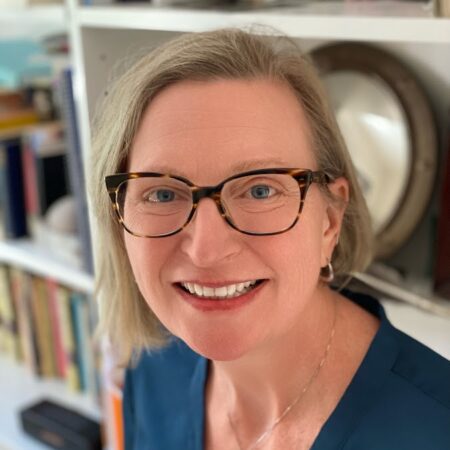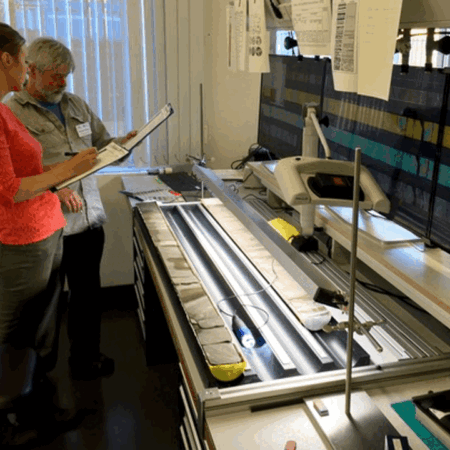Refine
Date Range Clear
Recorded by Clear
Keywords Clear
Partnerships Clear
Organizations Clear
- International Ocean Discovery Program 23
- AGU 18
- BAERI 15
- American Geophysical Union 14
- NASA Ames 14
- 12 more
Places Clear
Languages Clear
Initiatives Clear
As a deputy section manager at NASA’s Jet Propulsion Lab, Carmen Boening is keenly focused on rising with the tide. The trouble is, the water level isn’t going down as the climate warms. Partly through the monitoring of a set...
Susan Bates has always been interested by the physical world and especially the ocean. She remembers standing on the beach as a kid in North Carolina wondering where the waves came from. Now, she gets to predict what the ocean...
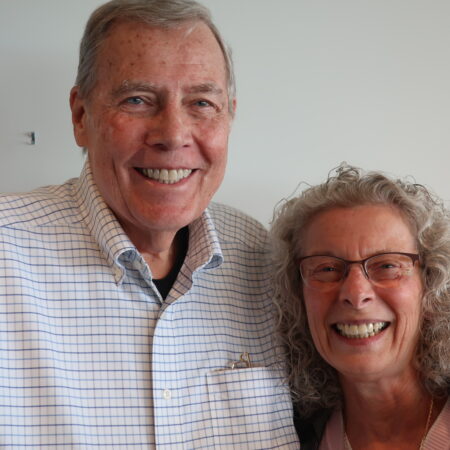
Friends Jim Gee [no age given] and Dianna Colman [no age given] interview each other about the history and their experiences at Yerkes Observatory in WiIliams Bay, Wisconsin.
Geochemist Jeff Ryan shares two highlights from his first time sailing on JOIDES Resolution for Expedition 352, involving luggage at the airport, coffee, and why it is good to pack an extra towel. Photo of/from J. Ryan: Working in the...
Stephen Running, an Emeritus Regent's Professor at the University of Montana, shares about his work with NASA studying the global ecosystem from space. Trying out a microscope at a young age ironically led him into a lifetime of looking at...
Stepping foot on JOIDES Resolution as a graduate student and the youngest scientist on the ship, Kristin Dickerson wasn't sure what to expect as she joined Expedition 399 (Building Blocks of Life, Atlantis Massif). Right away, she was struck with...
Dr. Jim Green has spent 38 years of his life working at NASA. He started there with a fresh Ph.D. in Earth magnetospheric science and helped pioneer the magnetosphere research group at Marshall Space Flight Center. He spent 12 years...
Jeffrey Myers knows his way around aerial photogrammetry. As a former lead manager at the Airborne Sensor Facility at NASA’s Ames Research Center, Jeffrey’s work with data collection and earth mapping has been affiliated with NASA’s U-2 program, MODIS, and...
Growing up in Chicago, Gary Jedlovec dreamed of running his own weather station and becoming the next great TV weather forecaster. However, that all changed when he discovered meteorological research. Now well into his career as the Chief of the...
Alex Young has a great finger on the weather. But the Associate Director for Science in the Heliophysics Science Division at NASA's Goddard Space Flight Center’s attention is focused far higher than any storm cloud. He studies space weather and...
Dorian Janney is a science communicator for NASA asking the big question: how do we make science accessible? Sparked into Earth Space Science through her son’s curiosity with space, we talk to Dorian on how her journey as an educator...
As the Scientific Visualization lead for NASA’s Goddard Space Flight Center, Mark SubbaRao oversees the translation of NASA science into images and movies. For Mark, science visualization is a key communication tool that allows the public to interact and explore...
On May 8th 2019 teens from the MyDurham program interviewed mature adults about their memories of the first Moon Landing in 1969. In this recording we hear about what it was like witnessing the landing as young adults in college...
Glenn Orton is so deep in Jupiter mission information that he gets envious when he’s not involved in a space project studying the gas giant. The senior research scientist at the NASA Jet Propulsion Laboratory studies the composition and structure...
Some of the materials Francis McCubbin works with as the astromaterials curator at NASA’s Johnson Space Center include meteorites that were collected in Antarctica, solar wind samples, pieces of asteroids and comets, and the Apollo rocks brought back from the...
Lori Glaze, Acting Director of the Planetary Science Division at NASA Headquarters, works with everything from understanding asteroid trajectories and material make up to the InSight mission which recently landed a rover on Mars. It’s no exaggeration to say Lori...
With over thirty-years of experience in aerosol research as a Project Leader on NASA’s AERONET program, retired NASA scientist Brent Holben knows his way around those finer details. Now three-months into his retirement, Brent walks us through his adventurous world-trotting...
A 13 year old’s memory of the moon landing in Columbus, Ohio.
Louise Prockter knows a thing or two about logistics and planning. When the first image of the unseen hemisphere of Mercury popped onto the screen during a flyby mission, her first thought was, "oh thank God, it's in the middle...
Woody Turner, the program scientist for biological diversity and manager for ecological forecasting programs at NASA, and one of the few people in the world who directly harness the power of space to solve a whale of a problem –...
Nathan Roth is a Research Associate in the Department of Physics at the Catholic University of America and spends most this time in the Astrochemistry Laboratory at the NASA Goddard Space Flight Center. Nathan studies the formation of the solar...
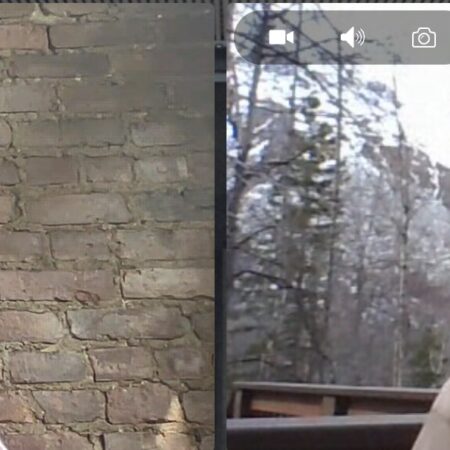
Ronald "Ron" Britton (71) recounts to StoryCorps facilitator Chapin Montague [no age given] his youth as a self-proclaimed military brat, the lives of his parents, and his career in oceanography and marine biology, all while sitting on the wood-lined deck...
Michael Freilich, Director of NASA's Earth Science Division, shares about his life studying the oceans and Earth as a system. While still in his high school's oceanography club, he started exploring a question about how waves move that later became...
Dr. Chelle Gentemann is the Open Science Program scientist in NASA’s Office of the Chief Science Data Officer. In this role, she works to understand the impact, and development assessments, of NASA’s strategy for Open Science. She recently sat down...
Carbonate sedimentologist Michael Whalen participated as a shore-based scientist on Expedition 364, Chicxulub: Drilling the K-Pg Impact Crater. Mike discusses his interest in these sediments, his time working on material at the Breman Core Repository in Germany, and how having...
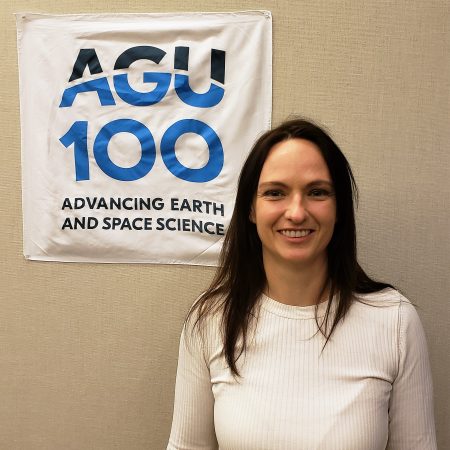
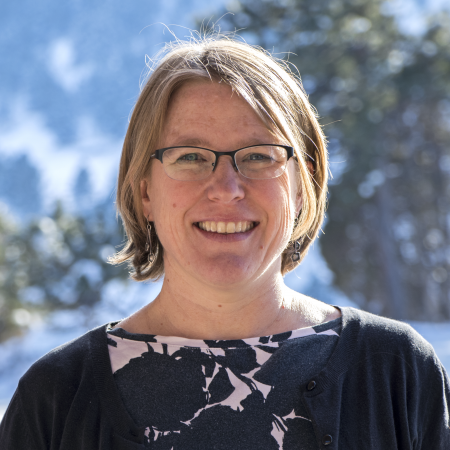
!["I get there [Narita Airport], and my luggage doesn't come out until the very end... my luggage was shredded... except the coffee"](https://archive.storycorps.org/uploads/2023/04/64482f7fb84b5__Jeffinaglovebag1-450x450.jpg)
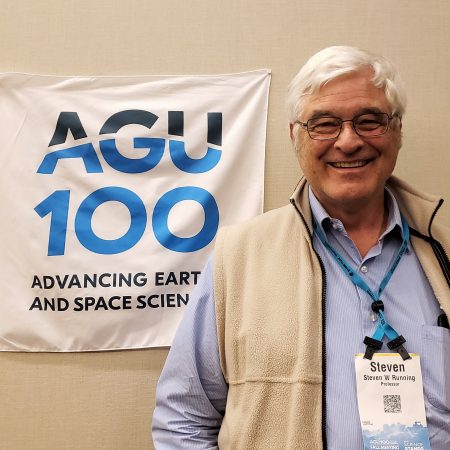

!["We're moving through a period of understanding [other] planets & how they relate to life on Earth." interview with Jim Green by Kim Cartier](https://archive.storycorps.org/uploads/2019/01/181210_Green-450x450.jpg)
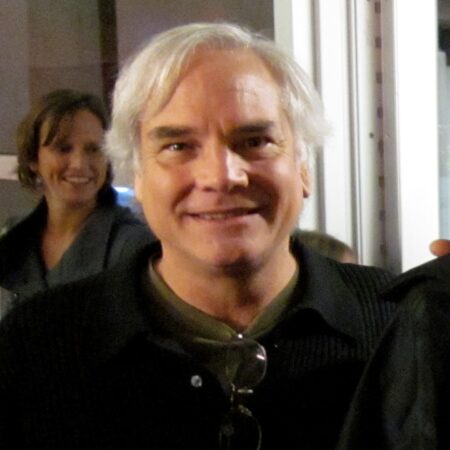
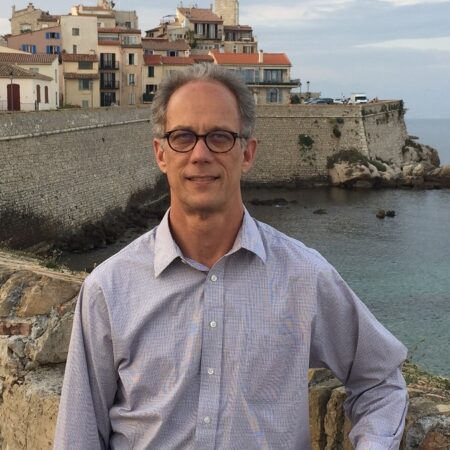
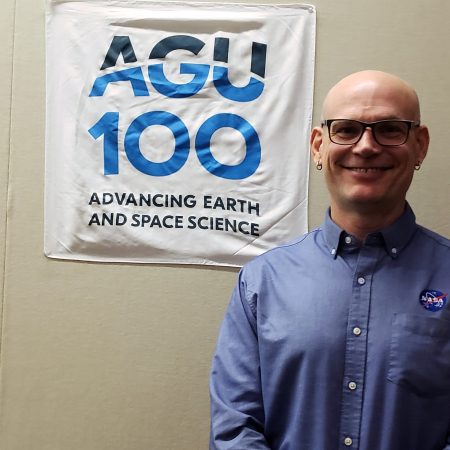
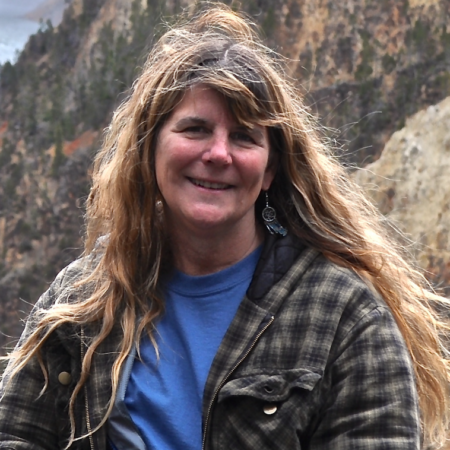
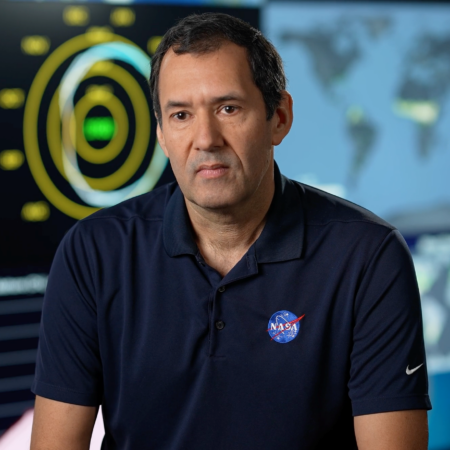
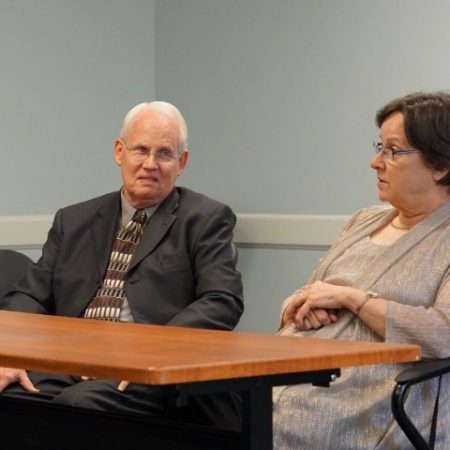

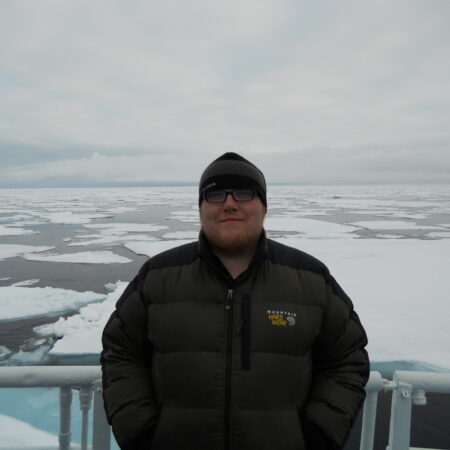

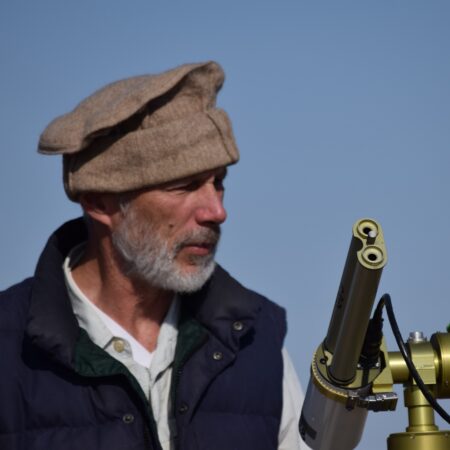
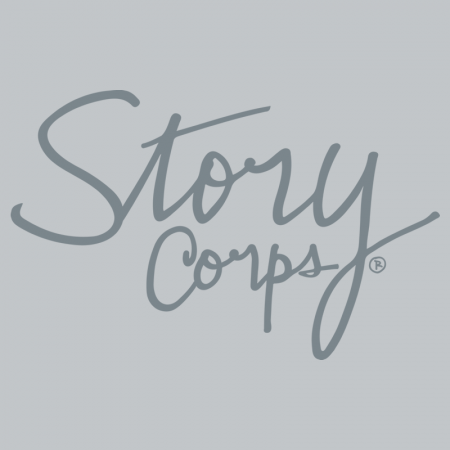


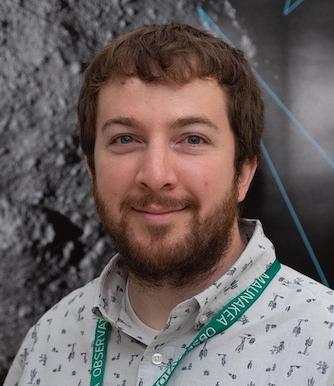
!["I joined an Oceanography club & actually asked the question that ended up [being] my thesis." an interview with Michael Freilich](https://archive.storycorps.org/uploads/2019/02/181212_Freilich-450x450.jpg)
